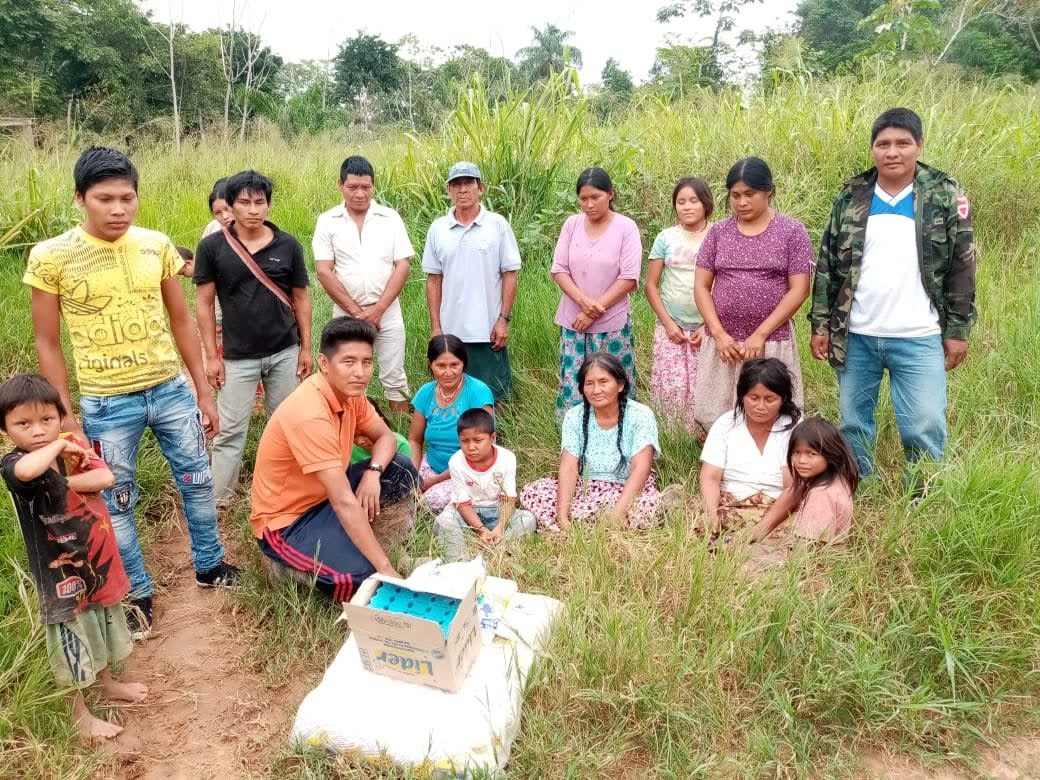Amazon indigenous people’s lifestyle may hold key to slowing down ageing, scientists say

Members of the Tsimane indigenous people of the Bolivian Amazon
( Tsimane Health and Life History Project Team)An Amazon indigenous group whose brains age 70 per cent slower than those of Europeans could offer valuable insight into preventing dementia, scientists have said.
Researchers said the Tsimane indigenous people’s healthy diet and active lifestyle could explain the difference in brain decay compared to western populations.
They believe their findings may help scientists understand how to avoid Alzheimer's and dementia in later life.
A team of international researchers scanned the brains of 746 adults between the ages of 40 to 94 from the Tsimane group in the Bolivian Amazon.
Using the scans, they calculated brain volumes and then examined their association with age and compared those results to those in three industrialised populations in the United States and Europe.
They discovered the difference in brain volumes between middle age and old age is 70 per cent smaller in Tsimane than in Western populations.
The researchers said this suggests that the Tsimane’s brains likely experience far less atrophy than westerners as they age.
Brain atrophy - or a loss of brain cells - is linked to a risk of cognitive impairment, functional decline and dementia and is commonly associated with Alzheimer’s disease and dementia.
The scans showed that while the Tsimane have high levels of inflammation – typically associated with brain atrophy in westerners – it did not appear to have a pronounced effect on their brains.
Although they do not have the same access to modern medicine and healthcare as their western counterparts, the Tsimane are extremely physically active, the team said.
The Tsimane, an indigenous group of forager-horticulturists in the Bolivian Amazon, eat a high-fibre diet, including vegetables, fish and lean meat.
In comparison, people in industrialised nations are more sedentary and eat a diet high in saturated fats.
Dr Andrei Irimia, a researcher at the University of Southern California, said: “The Tsimane have provided us with an amazing natural experiment on the potentially detrimental effects of modern lifestyles on our health.
“These findings suggest that brain atrophy may be slowed substantially by the same lifestyle factors associated with very low risk of heart disease.”
Previous research on the Tsimane people has found that they have a very low risk of heart disease in comparison to Europeans.
The study's lead, Dr Hillard Kaplan, professor of health economics and anthropology at Chapman University, said the findings suggested "ample opportunities for interventions to improve brain health".
“Our sedentary lifestyle and diet rich in sugars and fats may be accelerating the loss of brain tissue with age and making us more vulnerable to diseases such as Alzheimer’s,” Dr Kaplan said.
“The Tsimane can serve as a baseline for healthy brain ageing.
“This study demonstrates that the Tsimane stand out not only in terms of heart health, but brain health as well.”
Read More
Worried about getting old? I’ve been embracing middle-age for decades
Scientists react with dismay to ‘astonishing’ lack of communication over new Covid advice
WHO probe into Covid origins needs to ‘explore all possible theories’, says No 10

